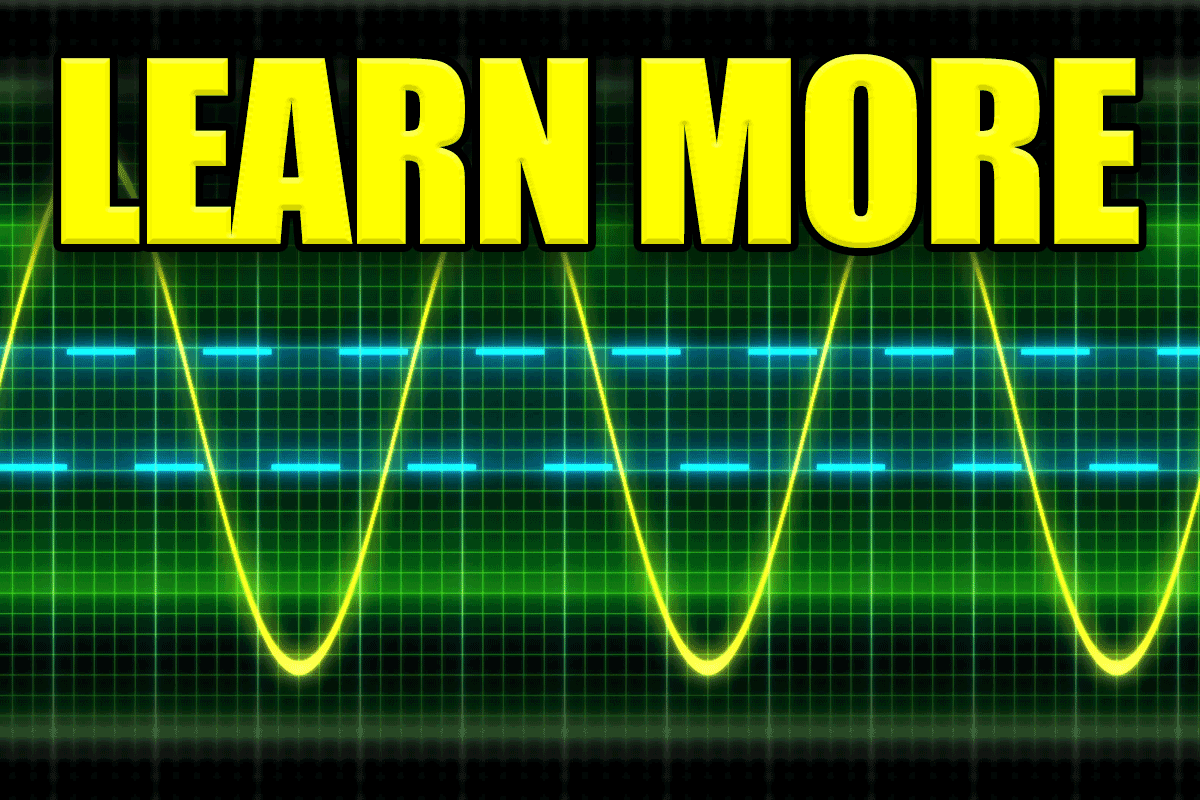No Thing Exists
Every thing is a metaphor.
This is a literal, scientific truth.
One I learned by watching a lecture on the Higgs Boson.
Twelve, 30 minute lectures.
The guy was a physicist who has written a lot of books.
So what does this mean, that every thing IS a metaphor?
Everything is made up of waves.
Matter is made up of molecules.
Molecules are made up of atoms.
Atoms are made up of subatomic particles.
And those subatomic particles aren’t really “things.”
For example, there are tangible nouns and intangible nouns.
The way to check would be to see if you can put it in a wheelbarrow.
“I enjoy love,” for example.
Subject is “I.”
Verb is “enjoy.”
Object, or noun, is “love.”
But can you put “love” in a wheelbarrow?
No, you cannot.
No Wheelbarrow
So love is an intangible noun.
It is a metaphor.
Particles are similar.
The waveforms with a very short compact form.
Imagine if you dropped a book in an otherwise quiet library.
That short burst of “sound energy” travels through the library.
It’s gone as soon as it shows up.
This is essentially the same kind of wave “energy” that makes up what we call particles.
But because sound waves traveling through libraries are common, and we sort of know how sound works, it doesn’t seem so metaphysical.
It would sound very goofy to call the short, compact waveform a “sound particle.”
But that’s EXACTLY what particles are.
Metaphors for highly compact energy waves.
Now, what the heck does this mean?
Metaphorical Attraction
Consider the word love.
Another metaphor.
Or consider something as simple as communication.
You speak, they listen.
You speak, they listen, and they agree to go home with you.
This is an EXTREMELY complicated process.
Nobody really even knows how words are generated from thoughts.
Sure, they sort of know which parts of the brain light up when we are speaking and talking about various things.
But beyond that, it’s a mystery.
So not only literally, and physically, is every thing a metaphor, but most of how we DESCRIBE our daily lives is through metaphors.
We have tons of metaphors built into our language.
This can be used fantastically.
Or this can be used haphazardly and frustratingly.
One way to think about this is through the idea of “maps of the world.”
Master Metaphors
The metaphors we use, the metaphors we like, are highly related to our map of the world.
And if you speak to others through THEIR map of the world, you’ll have much, much more success.
No matter what your outcome is.
Learn More:
Metaphor Mastery
Learn Hypnosis

Mind Persuasion has plenty of books and courses to teach you how to speak hypnotically and persuasively.
Live Training
Full Courses
$9 Courses
Mind Persuasion Books
$5 Subliminal Programs